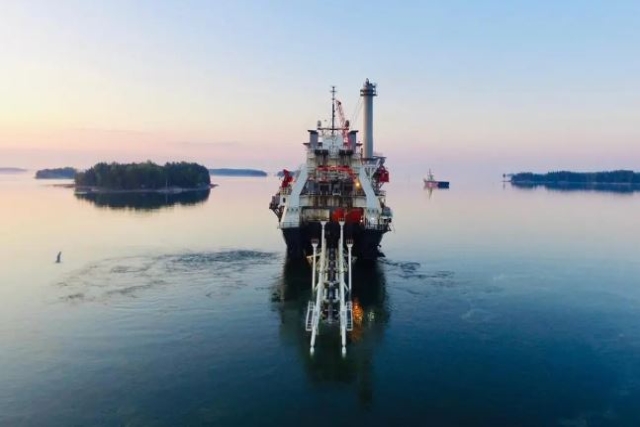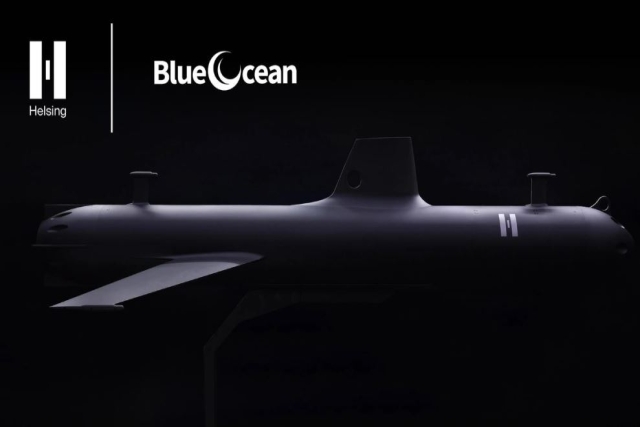Finland, Estonia Point Fingers at Russia for Gas Pipeline Rupture

Finland has raised suspicions that Russia may be involved in the recent rupture of the Balticconnector gas pipeline between Finland and Estonia.
While definitive evidence is still being sought, Finnish experts suggest that Moscow could have multiple motives for the alleged sabotage.
The incident has prompted a flurry of speculations, with Professor Veli-Pekka Tynkkynen of the University of Helsinki, whose research revolves around Russia's energy and natural resource policies, proposing a theory. "Russia would have a lot to gain from this," Tynkkynen was quoted as saying by Finland's Helsingin Sanomat (HS) newspaper.
Tynkkynen believes that Russia's primary export may not be raw materials but fear itself, aligning with a strategy to instill fear in the international community. He suggests that damaging critical infrastructure like the Balticconnector pipeline would perpetuate this fear, reinforcing the perception that any form of infrastructure could be a target, even without clear attribution.
"Although it has not been explicitly said that it is Russia, that has come out, reading between the lines. However, Finland is a state governed by the rule of law, and we proceed on the basis that the evidence has to be there first. Only then will the names of the guilty parties be announced," said Tynkkynen.
However, he emphasizes that if Russia's involvement is confirmed, decisive action should be taken.
Jukka Savolainen, an expert on hybrid threats at the European Center of Excellence, stressed the need for restraint, reiterating that at this stage, Russia's guilt remains speculative, awaiting conclusive proof. He highlighted a series of unusual events in the Baltic states, including bomb threats, which could be part of a broader campaign aimed at diverting international attention from developments in Ukraine.
"Could it be that there is a campaign going on in a number of places to divert attention from [what is happening] in Ukraine?" said Savolainen.
Savolainen also explored other potential motives for the pipeline's damage, such as the creation of an energy crisis for the upcoming winter. He clarified that the pipeline damage itself would not lead to a crisis in Finland or Estonia but might impact gas prices. A gas shortage, he explained, would only occur if liquefied natural gas storage were disrupted, a scenario for which Finland is prepared.
Markku Kangaspuro, director of the Aleksanteri Institute at the University of Helsinki, introduced a geopolitical dimension to the puzzle. He proposed that the incident might be intended to undermine Finland's sense of security, particularly in light of its possible NATO accession. The objective, in Kangaspuro's view, is to demonstrate that NATO membership does not bolster Finland's security but rather creates insecurity. This would allow Russia to assert itself as an influential power in the Baltic Sea region and potentially dissuade cooperation with Western alliances.
However, Kangaspuro also acknowledged the potential backfiring of such a strategy, as it could galvanize a tougher stance among citizens and politicians in the Baltic Sea region against Russia, increasing the country's isolation.
Intriguingly, both Tynkkynen and Savolainen speculated that the pipeline damage could be connected to Finland's potential NATO membership, either as a test of the country's and NATO's reactions or as a message to Finland about the potential implications of such membership. The situation remains complex, and the investigation into the Balticconnector pipeline rupture is ongoing.









